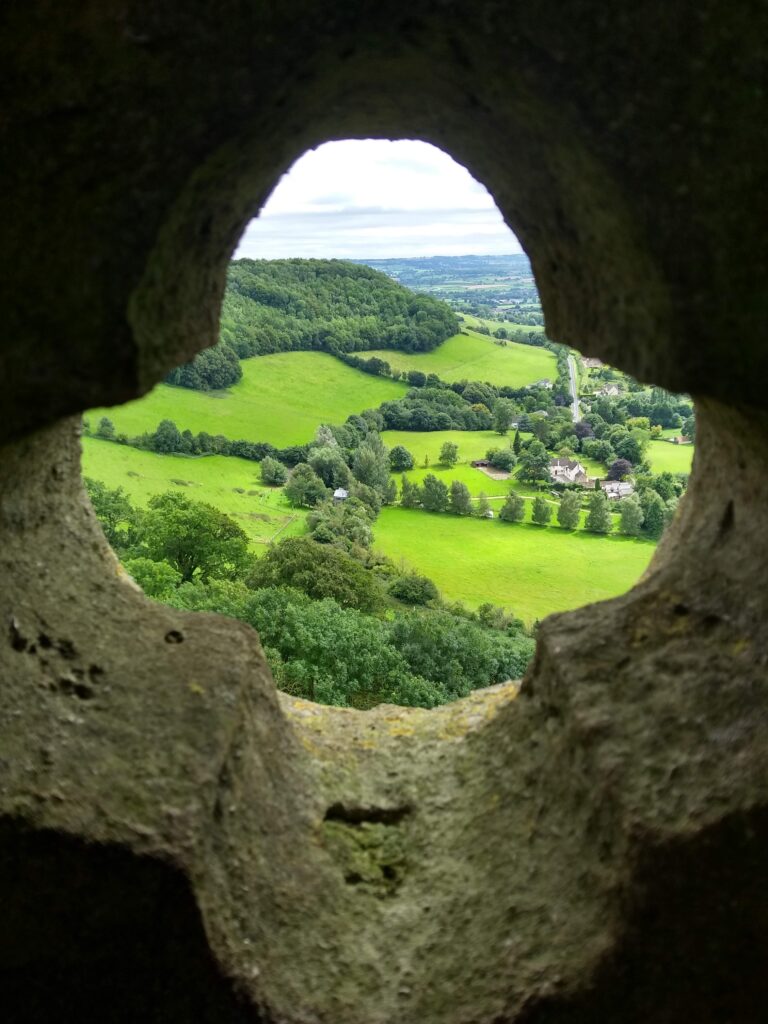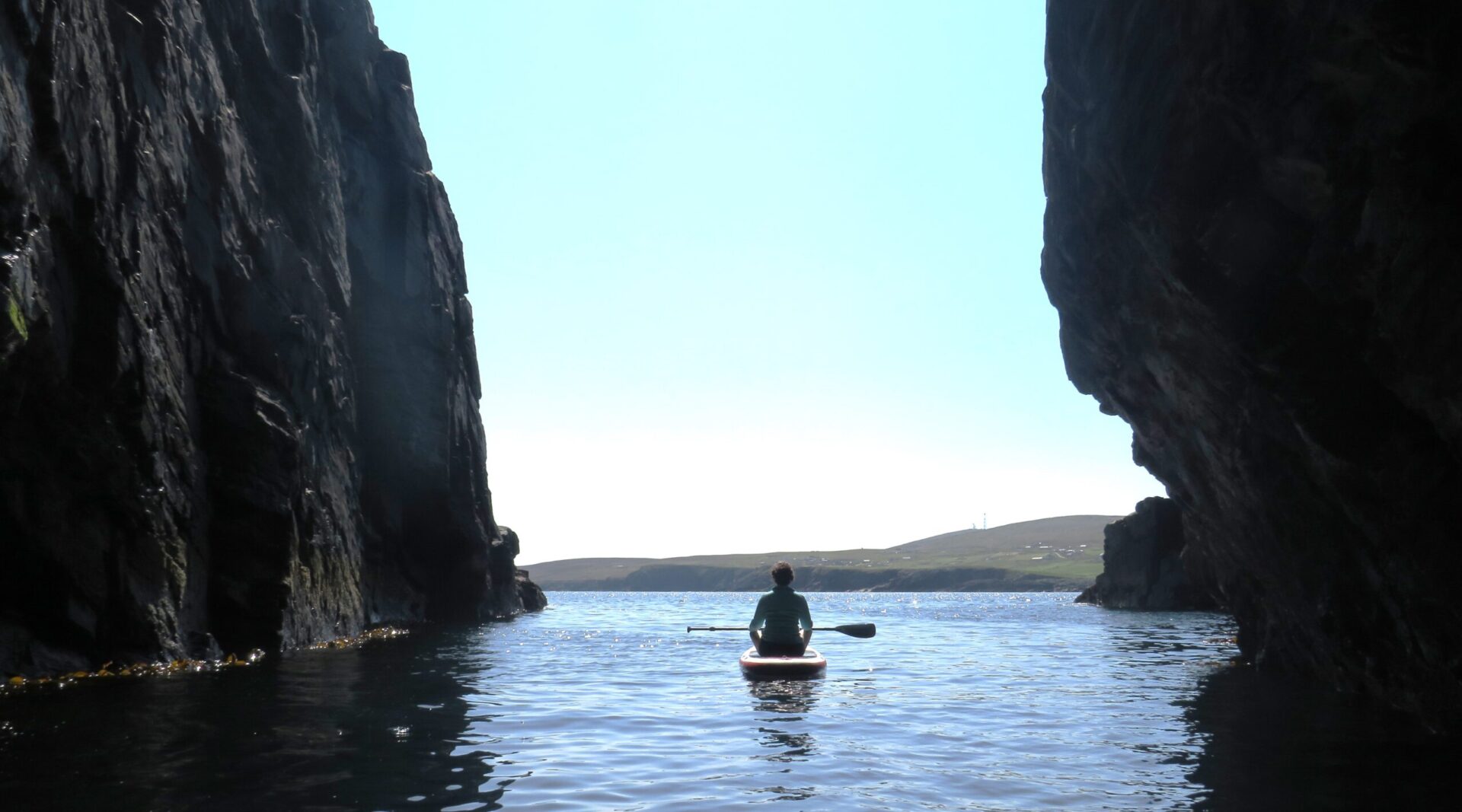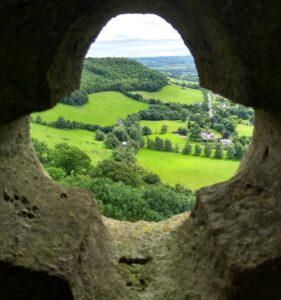Sexual trauma is common. The effects can be catastrophic and long lasting. Yet, there remains a taboo around speaking about it. When it is talked about, the effects are often not understood, or are minimised.
There have been conversations going on recently about famous people who sexually abused and assaulted children and women – Rolf Harris and Jimmy Saville being two of them. When people are discussing these cases, they sometimes say things such as, “There was no point sending him to prison for that,” and “sexually abusing a teenager isn’t as bad as doing it to a younger child.” I think there is sometimes still a minimising of the effects these kinds of abuse have on the victims, and a general unawareness of what the consequences can be.
Here are some statistics from RapeCrisis England and Wales, that may surprise you. https://rapecrisis.org.uk/get-informed/statistics-sexual-violence/
- 1 in 4 women have been raped or sexually assaulted as an adult.
- 1 in 6 children have been sexually abused as a child.
- 1 in 18 men have been raped or sexually assaulted as an adult.
- 1 in 2 rapes against women are carried out by a partner or ex-partner and 5 in 6 rapes against women are carried out by someone they know.
- 5 in 6 women who are raped do not report it to the police. Only 1 in 100 rapes reported to police in 2021 resulted in a charge that same year.
- 1 in 3 women who are raped, experience it in their own home.
- 9 in 10 girls in school have been exposed to unwanted sexual images or sexual name-calling.
So, rape, sexual assault and sexual abuse is common. You know someone that this has happened to. When you sit and chat about it, there is likely to be someone it has happened to sitting in that group with you.
Most rapes are not reported to the Police, and even less ever result in a charge, let alone a conviction.
Sexual abuse mostly goes unnoticed and undisclosed while the victim is still a child. In the most recent safeguarding training I attended, the children’s reporter gave us the up-to-date statistics and was pleased there had been no child put on the register for sexual abuse concerns in the previous year in our area. I was alarmed. It is happening, but we are not discovering the children it is happening to.
Most rapes are carried out by someone known to the victim. Teaching women and girls not to walk home alone after dark is not going to stop this. Stopping gender inequality and rape culture is needed.
The effects of rape, sexual assault and sexual abuse are huge. As a doctor who has worked for over 20 years in primary care in 2 continents, I have seen many of them. As a victim, I have experienced some of them.
- The women paralysed with anxiety who can no longer leave their house following a sexual assault that occurred years ago.
- The pregnant 12, 13, 14, 15-year-olds made mothers against their will and before they have completed education, trapped in poverty and abuse.
- The 60-year-old women who never married or experienced an intimate relationship after an assault when they were in their 20s.
- The 30-year-old women who have had a string of abusive partners, after growing up with an abusive father, or witnessing domestic abuse as a child.
- The women and men suffering anxiety, panic attacks and depression after childhood abuse.
- The people with irritable bowel syndrome, an auto-immune disease or chronic pain who were assaulted or abused several years before.
- The women and men experiencing flash-backs, dissociation, nightmares or insomnia, following their trauma.
- The women and men with drug or alcohol addictions who were abused as children.
The list could go on and on. Sexual assault, rape or abuse can cause physical illness, mental and emotional problems, trauma responses, relationship difficulties, difficulties at work, financial problems, sleep problems, sexual problems, transmit STDs, result in unwanted pregnancies and change a person’s daily routine and interactions. It can devastate self-confidence and self-esteem. It can lead to addictions and even suicide.
That is why it is so important to take rape, sexual assault and sexual abuse seriously, not minimising or normalising it. We need to create safe, healthy, equal communities for our children to grow up in, with agency, self-respect and empowerment. We need to create communities where children feel it is safe to speak up when abuse is occurring. We need safe places for women, girls and male victims, to tell their stories, where they will be validated, find healing and be empowered.
We need to be aware it is happening all around us, to the people we meet each day. Let’s be a part of the healing journey, not minimise the pain.
If you have been affected by this, you can find help at www.rapecrisis.org.uk



Pingback: Authentic Development and Attachment Needs - returning home to yourself